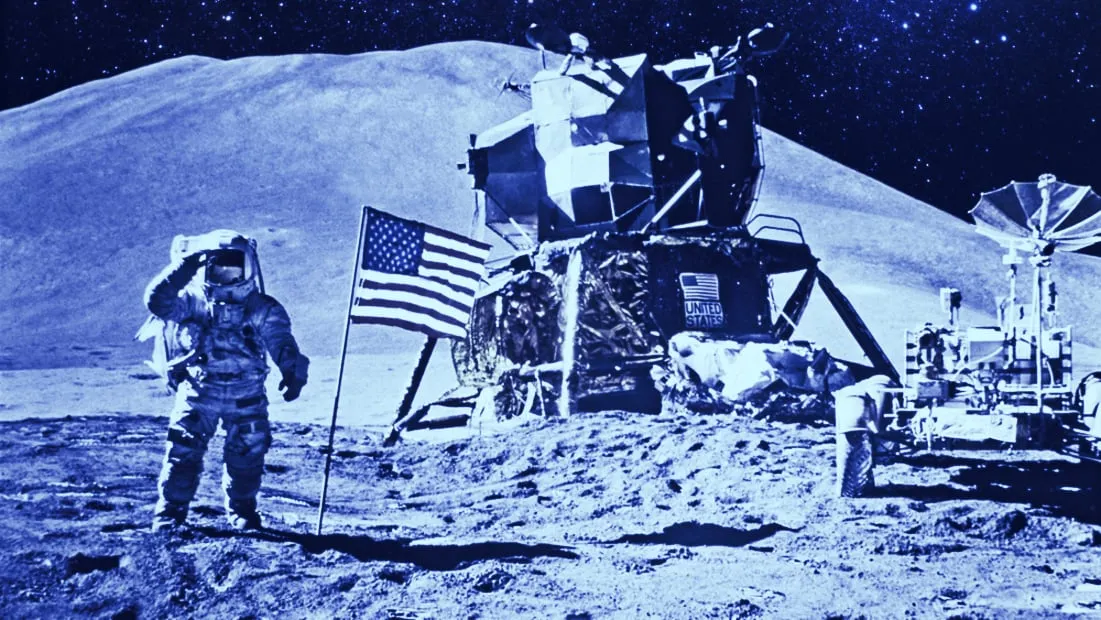Almost as often as the media has said bitcoin is dead, the crypto industry has said that a bitcoin ETF is on its way. So far, neither has occurred.
And yet, somewhere between the poles of crypto pessimism and crypto optimism, the market continues to develop in new and surprising ways, indicating that, despite it all, crypto is evolving and growing up. Yesterday's news is a case in point: a number of leading financial institutions have formed a new venture to finance the trade of global commodities on the ethereum blockchain.
It's a significant milestone in the finance world. The majority of the world’s growth will be driven by commodity exporters according to the World Bank, which forecasts that more than half of commodity prices will increase in 2018. The size of the world’s commodities markets is already staggering; the oil industry alone is a trillion-dollar market.
Now 15 of the world’s largest institutions, including ING, BNP Paribas and Shell, have formed a joint venture to create an ethereum-based platform, called komgo SA, to enter that global commodity market. But as good that is for the crypto industry at large, it puts additional scrutiny on the ethereum network, which has struggled to cope with load and scaling issues thus far.
“While ETFs are important for crypto markets, that such powerhouses are truly utilizing crypto in their day-to-day operations is even more important for the entire crypto ecosystem,” says Daria Generalova, co-founder of ICO service provider ICOBox. “This move shows crypto is going from white papers to adoption in the world's most strategically vital companies.”
komgo SA will be an ethereum-based open platform designed to finance the world’s commodity trade. By year’s end, it will offer encrypted transfers of know-your-customer (KYC) data and allow commodity houses to submit digital trade data and documents to komgo SA banks, including Citi, BNP Paribas and ING. Its future plans include working with VAKT, a marketplace for trade finance which runs on an enterprise version of ethereum, developed by J.P. Morgan, called Quorum.
The platform is set to operate across commodity markets in general but it has a strong foundation in the energy sector. Shell, the sixth-largest company in the world in 2016 which has $300 billion in revenue per year, is one of its backers. Oil and gas company Koch Supply & Trading, and Mercuria, which has $100 billion in revenue, are also on the list.
If komgo SA opens up even just the energy market, that would bring a lot of new traffic to the ethereum network—and its aims are wider still. Can the network hold?
Ethereum co-founder Vitalik Buterin has said that two upgrades, sharding and plasma, could scale ethereum by 10,000 times, but there is not clear timeline for when it will be ready. The weight of the world's commerce looking to settle on ethereum's mainnet could be a make-or-break moment.

